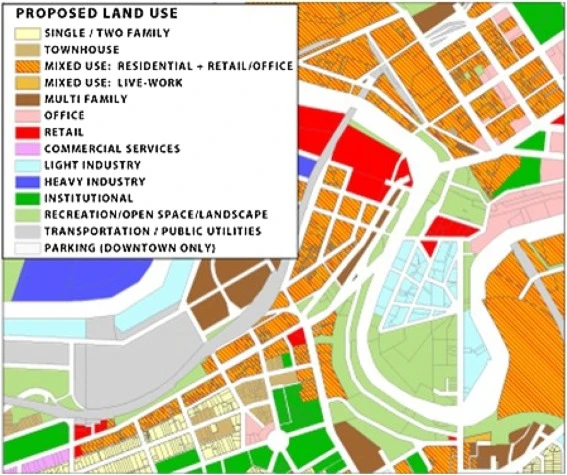
Understanding Zoning Laws: What Every Buyer Should Know Before Purchasing A Plot
Here's a helpful guide titled "Understanding Zoning Laws: What Every Buyer Should Know before Purchasing a Plot" to help prospective buyers make informed decisions:
It's typical to focus on factors like location, pricing, and opportunities while buying land. However, zoning laws play a crucial role in determining what you can and cannot do with your property. Disregarding them may result in expensive errors, legal disputes, or lost investments.
1. What Are Zoning Laws?
Zoning regulations are community rules that specify the permitted uses of land in particular locations. These laws are established by municipalities or local governments to promote orderly development and protect public welfare.
Common zoning categories include:
Residential (R): Single-family homes, duplexes, apartments
Commercial (C): Offices, retail stores, restaurants
Industrial (I): Factories, warehouses
Agricultural (A): Farming, ranching
Mixed-Use (MU): Combination of residential, commercial, or industrial
2. Why Zoning Matters to Buyers
Zoning dictates:
How you can use the land (farming, leasing, and developing)
Building requirements (height limits, setbacks, density)
3. Key Questions to Ask Before Buying a Plot
What is the current zoning classification?
Are there any zoning overlays (special restrictions or allowances)?
Is it possible for the land to be rezoned, or is that improbable?
Are there any pending zoning changes or development plans nearby?
Does the property have any non-conforming uses or variances?
4. How to Research Zoning Information
Check local government websites: Most municipalities have zoning maps and codes online.
Visit the planning or zoning department: Speak to a zoning officer directly.
Hire a real estate attorney or planner: Especially for complex or high-value purchases.
5. Zoning Pitfalls to Avoid
Assuming you can build anything: Always verify with zoning laws before making plans.
Relying solely on a seller’s word: Sellers may not understand zoning rules themselves.
Ignoring easements or covenants: These can further restrict land use.
6. Modification of Zoning Designation
You may occasionally request a variance or have a property rezoned, but:
It’s often a lengthy and uncertain process.
Community opposition may arise.
You’ll likely need public hearings and professional representation.
7. Zoning and Property Value
Zoning can dramatically affect property value. For example:
A residential lot near rezoned commercial areas may increase in value.
Restrictions (like historical preservation or environmental protections) may limit value or usability.
Conclusion
Zoning regulations are essential for making an informed land investment. Understanding them—and doing your due diligence—can help ensure your investment aligns with your goals and avoids legal trouble.

Related Posts